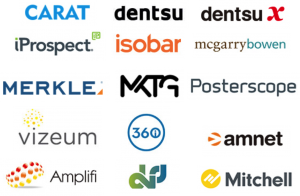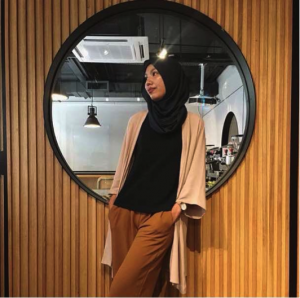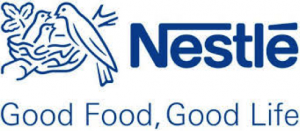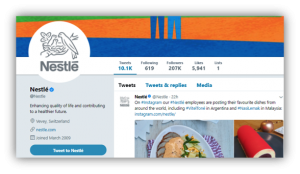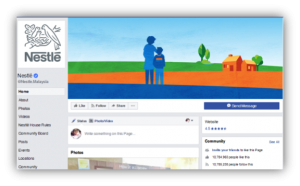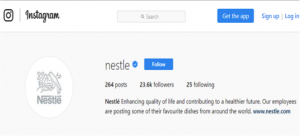Written by Farah Hanani
KRU Studios (KRU) is one of the leading media and entertainment companies in Malaysia and founded in 1992, KRU has since diversified, and now provides a comprehensive range of services related to the media and entertainment industry, specializing in both production and distribution capabilities. The company is known for its superior photo-real visual effects, digital audio and video production, which is attributed to its highly trained personnel, cutting edge technology and state of the art equipment. With offices and representatives in Malaysia, Singapore, Germany and the United States, KRU is determined to deliver world class services in areas related to the production of feature films, television programs, music, events and other media content.
KRU Studios also has successfully selling over a million albums, sold out tours, box office films hits and winning multiple awards, locally and internationally. Besides, the company also has successfully transformed its popular pop icon band name into a prominent brand. Apart from having in-depth understanding and experience in B2C marketing, KRU has also served many MNCs, GLCs, and government agencies for branded content and production services.
Transnational media corporations are actively export and produce information or entertainment across national borders for their global audience. Their audience can consume the information or the entertainment materials through varieties of medium such as internet, radio, TV networks, motion pictures and print media. For example, transnational media corporations that are actively producing such entertainment are Sony Pictures, Universal Studio, and Walt Disney etc.
Most of the transnational media corporation aims to reach audience globally as many people as possible. They have to produce best films to winning as many awards and help them to be known globally. KRU Studios also wants to achieve the same objective like other transnational media corporations. There are many classification of transnational media corporation such as news agencies like BBC and CNN etc. It also can be classifies in Social Media and Film Industry and KRU Studios is being classified under film industry.
In order to become a global media corporation, KRU Studios also has planning few global media strategy. For example, KRU planned to produce another version of the Hollywood movie, Black Hawk Down and the battle that took place 20 years ago on the streets of Mogadishu, Somalia. KRU Studios also planned to cast a Malaysian. It will be a international film as Black Hawk Down was directed by the award winning director, Ridley Scoott and adapted from a book of similar tittle written by Mark Bowden. Other than that, KRU Studios has appointed Los Angeles-based Epic Pictures as its sales agent for its slate of international features film and Epic successfully closed pre-sales for their feature film entitled Deadline in around 30 countries. Starring Brittanny Murpy, psychological thriller Deadline was shot in the United States while visual effects were carried out in Malaysia under supervision of visual effects director Yursy Abdul Halim.
However, it seems that KRU Studios have to compete with other international production that already known globally. In Malaysia, KRU Studios is the most successful production, where the company itself has winning lots of international and local awards, somehow KRU Studios still need to find a good strategy to improve their film quality and to make sure in achieving their objective in becoming an internationally film industry.

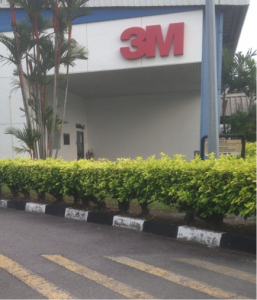
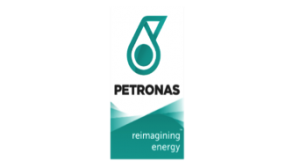
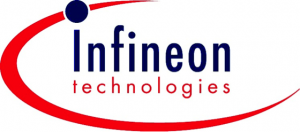
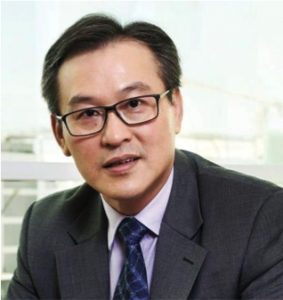



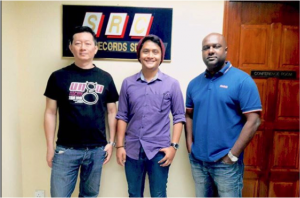
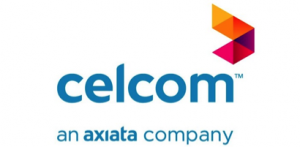
 Written by Samiyah
Written by Samiyah